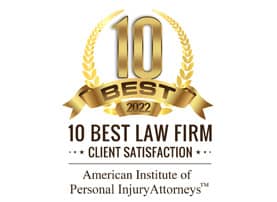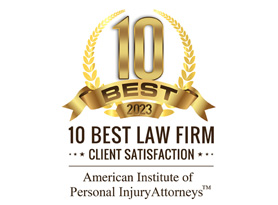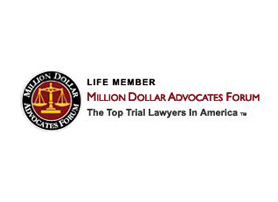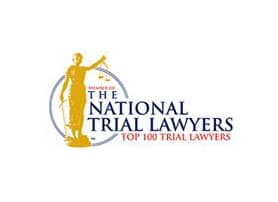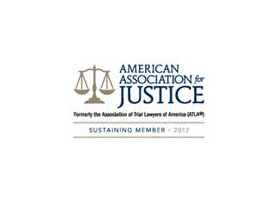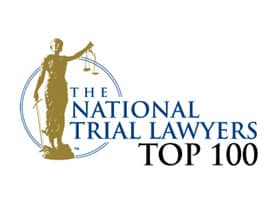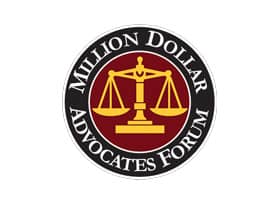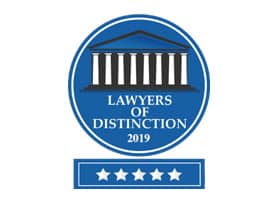Can You Recover Damages if the Defendant Didn’t Know of the Potential Danger?
 When you have been hurt because of the wrongful act of another person, you have a right to file a legal claim to recover compensation for your losses. Though you can always bring a claim against someone who intentionally caused you harm, it’s far more common that your claim will based on a legal theory of negligence, where the wrongful behavior was not intentional, but simply contrary to what a reasonable person would have done under the circumstances. Can a defendant successfully claim that he or she “didn’t know” what constituted “reasonable behavior”? Can a defendant successfully claim that he or she didn’t know that the circumstances posed a danger or risk of injury?
When you have been hurt because of the wrongful act of another person, you have a right to file a legal claim to recover compensation for your losses. Though you can always bring a claim against someone who intentionally caused you harm, it’s far more common that your claim will based on a legal theory of negligence, where the wrongful behavior was not intentional, but simply contrary to what a reasonable person would have done under the circumstances. Can a defendant successfully claim that he or she “didn’t know” what constituted “reasonable behavior”? Can a defendant successfully claim that he or she didn’t know that the circumstances posed a danger or risk of injury?
Negligence and Knowledge
Negligence claims are based on what is commonly referred to as the “reasonable person” standard. Accordingly, the question for the jury is typically not what the defendant actually knew, but what a reasonable person should have known, given the facts and circumstances. Under such a standard, a defendant typically cannot claim that he or she didn’t know fundamental truths that are commonly understood by others in the community. For example, a defendant will likely be unsuccessful with a claim that he didn’t know the dangers of driving in excess of the speed limit during winter weather conditions.
Conversely, if a reasonable person would not have known about the potential risk, lack of knowledge may constitute a valid defense.
The Concept of Strict Liability
Under the concept of strict liability, a person may be found liable for injuries caused by certain activities, regardless of knowledge or lack thereof. Strict liability is customarily established by statute, and applies to activities, such as the sale or manufacture of explosives or fireworks, or the harboring of potentially dangerous animals. In cases governed by strict liability laws, an injured party need only show that the defendant engaged in the activities set forth in the statute.
Contact Howard D. Popper, P.C.
At Howard D. Popper, P.C., we can help protect your rights. For a free initial consultation to discuss your options after any type of personal injury, contact our office online or call 973-993-8787 to set up an appointment. We have offices in Morristown and Newton.
We handle all personal injury claims on a contingent fee basis. You won’t pay any attorney fees unless we recover damages for your losses.

